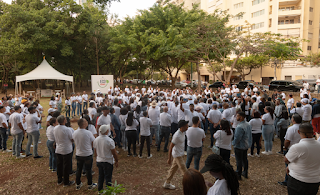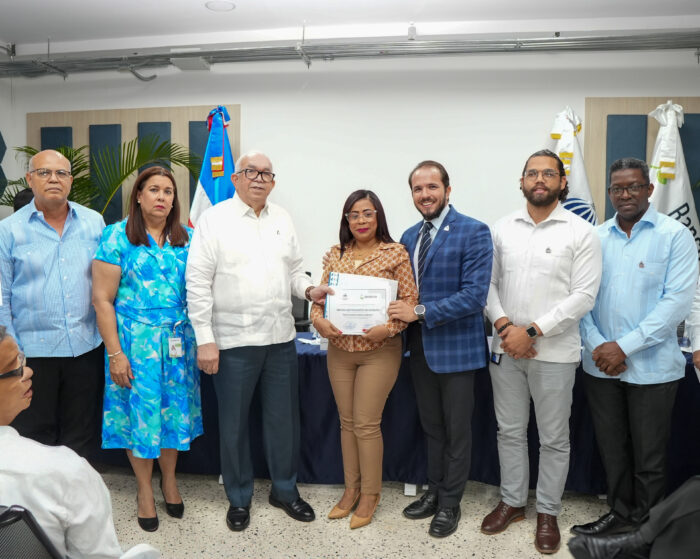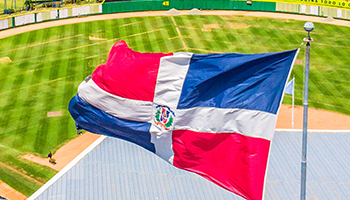“Bike-Ambulances”: An alternative to assist in accidents during the Holy Week
 | “Bike-Ambulances”: An alternative to assist in accidents during the Holy Week During the initial phase, 75 units with 75 volunteers trained to offer medical assistance will be disseminated throughout the national territory. During the initial phase, 75 “Bike Ambulances” will provide medical care during emergencies which occur in areas where there is no ambulance … Holy Week has come, a time of reflection for Catholics to remember the passion, death, and resurrection of Jesus Christ, but also a time for people to travel to rivers, beaches, and resorts around the country, in order to take full advantage of their time off from work. Travel creates a series of situations which require immediate attention.For that reason, the Office of the First Lady (DPD for its acronym in Spanish) introduced the new “Bike Ambulances” services, which along with the Center for Emergency Operations’ (COE for its acronym in Spanish) Holy Week Operative Plan “For Your Safety And 2012 Values,” will work to save lives and to prevent accidents. During the initial phase, 75 “Bike Ambulances” will provide medical care during emergencies which occur in areas where there is no ambulance servicedue to difficult accessibility by vehicles. This brings to 200the number of units to be maintained throughout the year in strategic areas or in areas with large congregations of people. Volunteers trained in first aid and in emergency management will operate these “Bike Ambulances” which will be located in resorts, beaches in tourist areas such as Jarabacoa, Boca Chica, La Romana, Juan Dolio, as well as in public squares, including Guibia, Parque Mirador Sur y Norte, Plaza Juan Baron, and in places with high concentrations of people in transit. The locations will be selected in advance in coordination with the Center for Emergency Operations and the Civil Defense. The “Bike Ambulances”operators will be trained to carry out basic procedures at the scene of an accident, to treat patients and to administer a wide range of medications to treat cuts, traumas, and diseases such as diabetes, asthma, allergic reactions, alcohol overdoses, and to stabilize patients in the case of heart attacks, asthma attacks, and other emergencies. They will also be trained to decide when a patient needs to be transferred to a healthcare center, and will have the communication equipment necessary to request patient transportation and to coordinate the transfer with emergency relief agencies when necessary. To provide these services, the Bike Ambulances will have a kit containing alcohol, antiseptic soap, gauze, gloves, syringes, Z-0, oral and intravenous serum, surgical collar (necksplint), splints for upper and lower extremities for children and adults, benzodiazepine vial, ophthalmic drops, eye drops, acetaminophen, and wound healing ointment.
|

Related News
-

(Versión en español) Se unen para arborizar el Mirador Sur, en jornada "Ecohéroes"
-

(Versión en español) Emprendedores de Banco Adopem son reconocidos en los Premios BCIE
-

(Versión en español) Llega la IV Jornada de Reflexión Literaria Santo Domingo 2024
-

(Versión en español) Tecnificación de Riego certifica más de 400 colaboradores Banco Agrícola
-

Dominicanos en Grandes Ligas
Las ultimas noticias/novedades de lo que acontece con los Dominicanos en las Grandes Ligas durante toda la temporada 2019.



